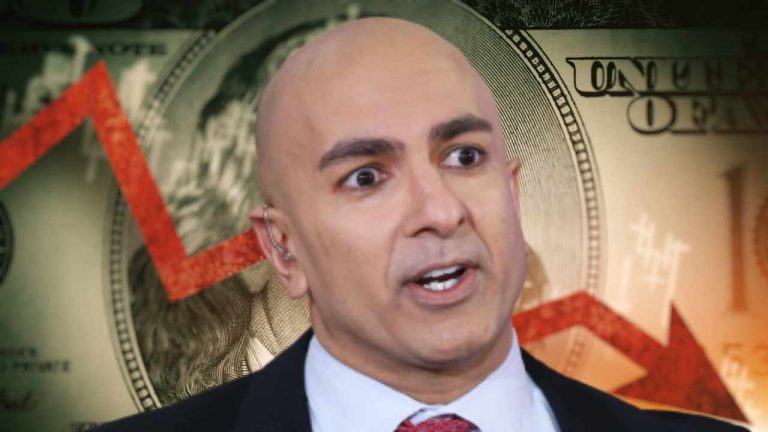FinanceFeeds -
The payment for order flow is the methodology by which many stock trading platforms like Robinhood, E-Trade, and Charles Schwab, which charge zero commissions for trades, make money, and continue to rake in the revenue. Banning this practice could potentially pose a huge risk to their business model. This practice basically passing on the client order flow to specific market makers who in turn pay the brokerage for the same. This is a win-win situation for all under normal trading circumstances with the users able to get liquidity and clearing while the market makers and brokers make money from each other.
But under extreme volatility and other risky trading conditions, this could pose a massive issue for the users as was seen when stocks like Gamestop became highly volatile and Robinhood had to shut down trading. Though the official reason for the shutdown was to have control over the volatility and ensure ‘trader safety’, it was clear that liquidity was an issue in the platform and it is also likely that many of the market makers may have chosen not to take the client trades at that point of time. This is where the manipulation and control of user trading begins and this stops the market from being open and same for all and this is what the SEC wants to address.
On the same day, news that Paypal was looking to start its own stock trading platform also came in which further dented the share price of Robinhood as additional competition, that too from a large payments company like Paypal, is likely to undermine the broking platform if and when Paypal launches into this space. Also, there were reports that SEC was looking into the practice of some brokers who are trying to gamify trading to make it more attractive for existing and new traders as well, without understanding the risks behind the same.
All the above factors, of charging for order flow, increased competition, and gamifying trading, directly hit the basic business model of Robinhood, which led to a sharp sell-off in its stocks. We will have to wait and see how these situations evolve to understand the full implications for Robinhood.
The post Robinhood shares fall as SEC tightens noose appeared first on FinanceFeeds.



